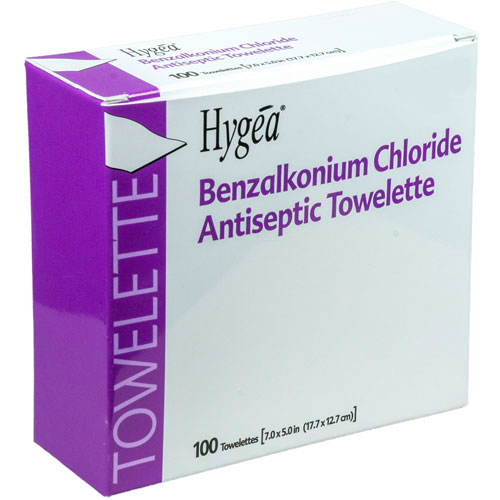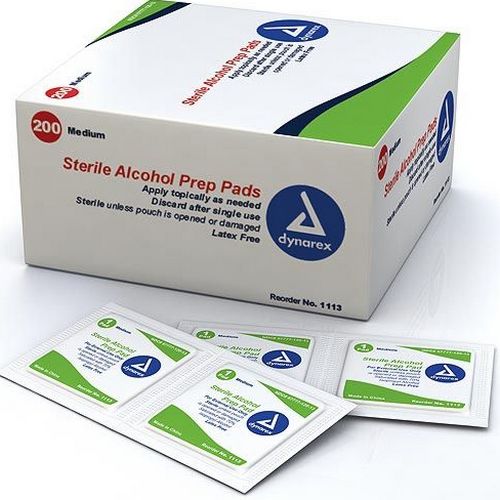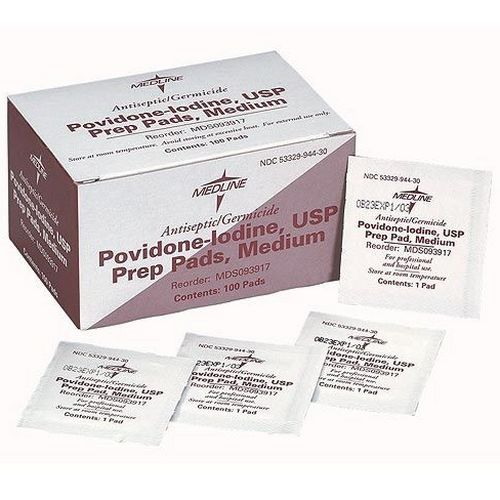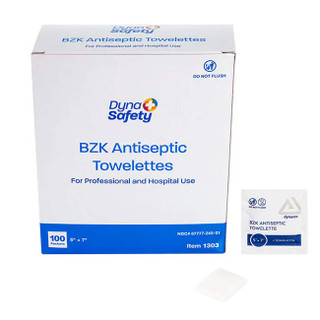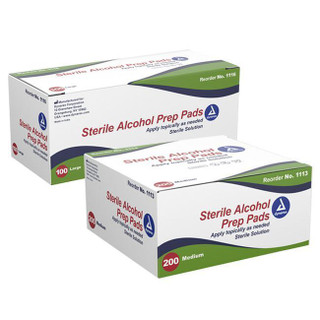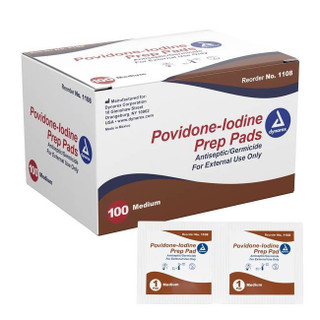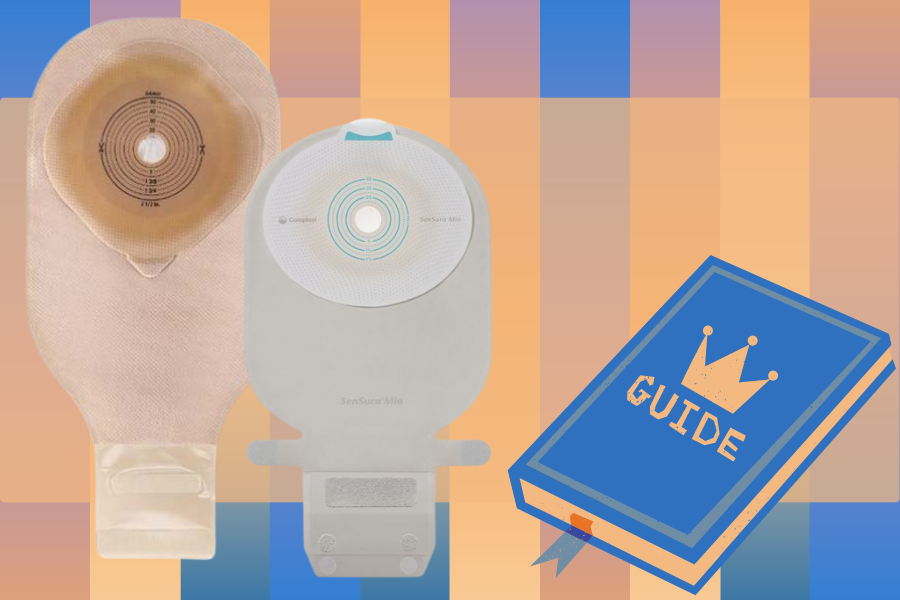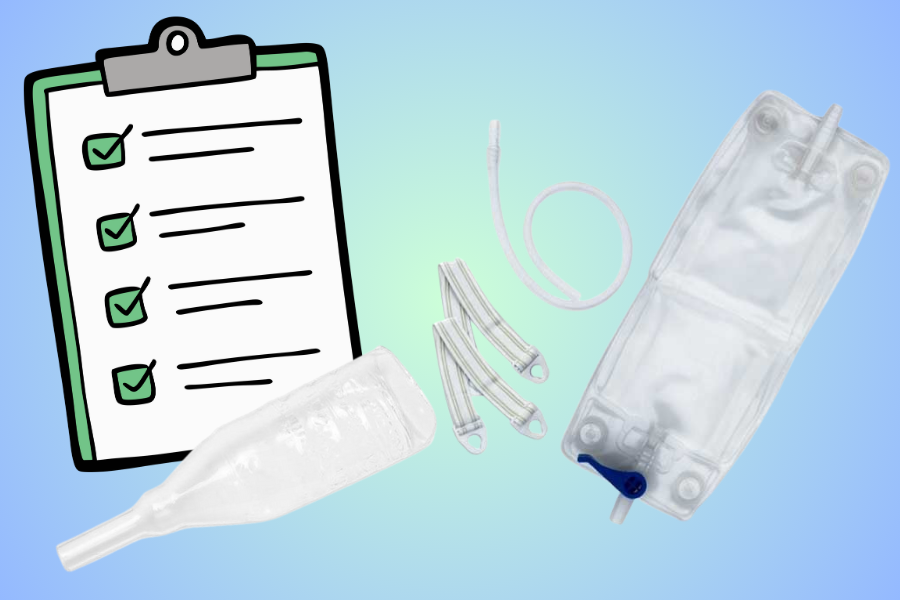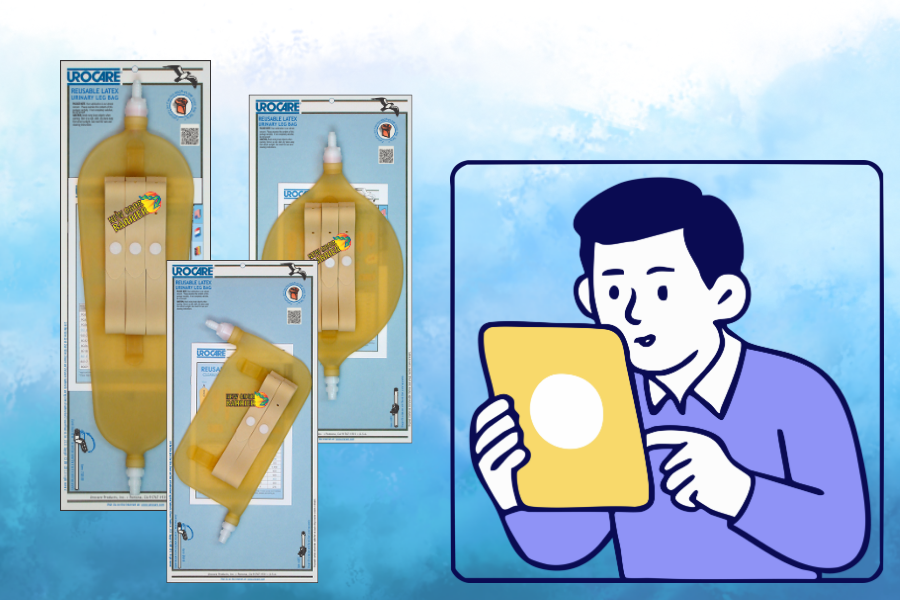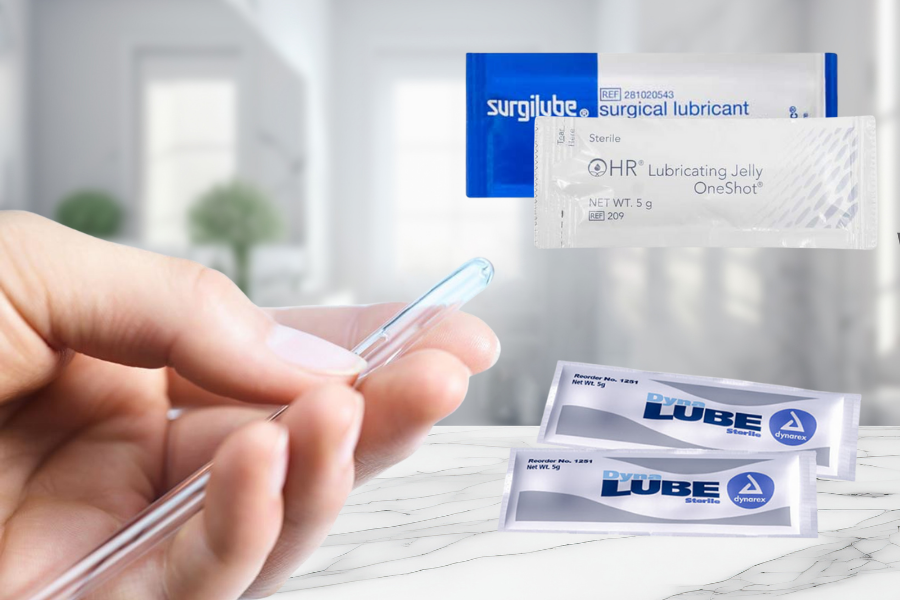What Are Antiseptic Wipes & Which Type Should You Use?
What Are Antiseptic Wipes?
Antiseptic wipes are disposable, pre-moistened cloths infused with germ-killing agents like alcohol or iodine. They’re designed for single use, they help eliminate harmful microorganisms such as bacteria, viruses, and fungi on skin or surfaces. Unlike liquid antiseptics, wipes offer mess-free application and reduce the risk of cross-contamination.
They’re compact, individually wrapped, and easy to carry—ideal for first aid kits, travel, or everyday use. While highly effective for minor wounds and hand sanitation, they’re not suitable for deep wounds, mucous membranes, or very young children without medical advice.
Antiseptic wipes are available for convenient online ordering at Express Medical Supply or at local drugstores.
What Are Antiseptic Wipes Used For?
Antiseptic wipes are versatile hygiene tools used to kill germs and reduce the risk of infection on skin and surfaces. Their convenience and effectiveness make them suitable for both medical and everyday settings.
Medical Use Cases
Antiseptic wipes are a staple in both clinical settings and home healthcare. They’re used to:
- Clean minor wounds, cuts, or scrapes to help prevent infection
- Prepare the skin for medical procedures such as catheter insertion or minor surgery
- Sanitize hands when traditional handwashing isn’t possible
- Disinfect medical tools and frequently touched surfaces like bed rails or tray tables
Their sterile packaging makes them especially useful in maintaining hygiene during sensitive medical tasks, and they are commonly found in hospitals, clinics, and home first aid kits.
Everyday Applications
Beyond medical care, antiseptic wipes offer practical hygiene for everyday needs:
- Refreshing the skin while traveling or after physical activity
- Disinfecting high-touch personal items like smartphones, keyboards, or remote controls
- Cleaning public surfaces such as airplane trays, shopping cart handles, or gym equipment
Safety Reminder: Antiseptic wipes are intended for external use only and are not suitable for deep wounds, mucous membranes, or serious injuries. For anything beyond basic wound care or sanitation, consult a healthcare provider.
Common Uses of Antiseptic Wipes for Personal Use at Home
In addition to wound care, Antiseptic wipes can also be used as tools for maintaining cleanliness and hygiene at home. They are highly effective for disinfecting various surfaces, ensuring that kitchens, bathrooms, and other areas remain free from harmful bacteria.
Their versatility makes them an essential item in any household for both surface cleaning and personal care.
What are the Differences Between the Common Antiseptic Wipes?
BZK Antiseptic Wipes or Towelettes
Benzalkonium Chloride (BZK) wipes or towelettes are used as a skin disinfectant. They are ideal for cleansing a wound and are effective against bacteria, viruses, fungi, and protozoa. They are often used to prep the skin around the urethra before using a catheter. The benefits of BZK wipes are numerous, but two benefits are especially helpful for catheter users. Because they are alcohol-free, BZK tends not to dry out the skin like traditional alcohol wipes and it isn't as messy as Povidone Iodine. This makes BZK an ideal wipe for Foley catheters and Intermittent catheters since it is easier on the sensitive and tender skin associated with catheter use.
Alcohol wipes or prep pads are used for cleaning around a wound. They should not be used directly on an open wound as isopropyl alcohol can cause damage to the wound bed. Alcohol applied directly to an open wound can delay or even prevent the healing process. Alcohol pads are also used to prep skin for medical injections. They are also great for disinfecting medical instruments like bandage scissors or stick thermometers. No First Aid kit is complete without alcohol prep pads as they’re essential to proper wound care. For non-medical use, alcohol pads can be useful in removing ink from fabric and because they are flammable, you can use them to help start a fire in an emergency.
Povidone-Iodine Solution and Prep Pads
Povidone-iodine is an antiseptic and topical antibiotic that comes in two forms - prep pads and a bottled solution. The active ingredients are effective and painless making it a great option to apply to an open wound. However, it can be messy. This makes it a difficult product for catheter users. Betadine Povidone-Iodine is also sold by the bottle and can be diluted with water to wash out a wound. Be aware that some people have adverse reactions to iodine so always check with the person before using it on them. Povidone-Iodine is not meant to be used on severe burns or puncture wounds.
Antiseptic wipes have several use cases, including:
- Cleaning minor cuts, scrapes, and burns.
- Cleaning the skin around catheter insertion sites.
- Disinfecting skin
- Reducing Infection
- Disinfecting surfaces in homes, hospitals, and other environments.
Frequently Asked Questions
Are all antiseptic wipes the same?
No, there are several different types of antiseptic wipes, each with specific uses and benefits.
- BZK Wipes (Benzalkonium Chloride): Gentle on the skin, ideal for wound cleaning and catheter care.
- Alcohol Prep Pads: Effective for disinfecting unbroken skin and medical instruments but not recommended for open wounds.
- Povidone-Iodine Wipes: Used for cleaning open wounds, effective as a topical antibiotic but can be messy.
Are there any side effects of using antiseptic wipes?
Antiseptic wipes are generally safe but some people may experience skin irritation or allergic reactions. Povidone-iodine wipes, for example, may cause reactions in people sensitive to iodine. It’s important to consult a healthcare provider if you have concerns.
How should antiseptic wipes be stored?
Antiseptic wipes should be stored in a cool, dry place, away from direct sunlight. Ensure the packaging is sealed properly to prevent the wipes from drying out.

.jpg)
